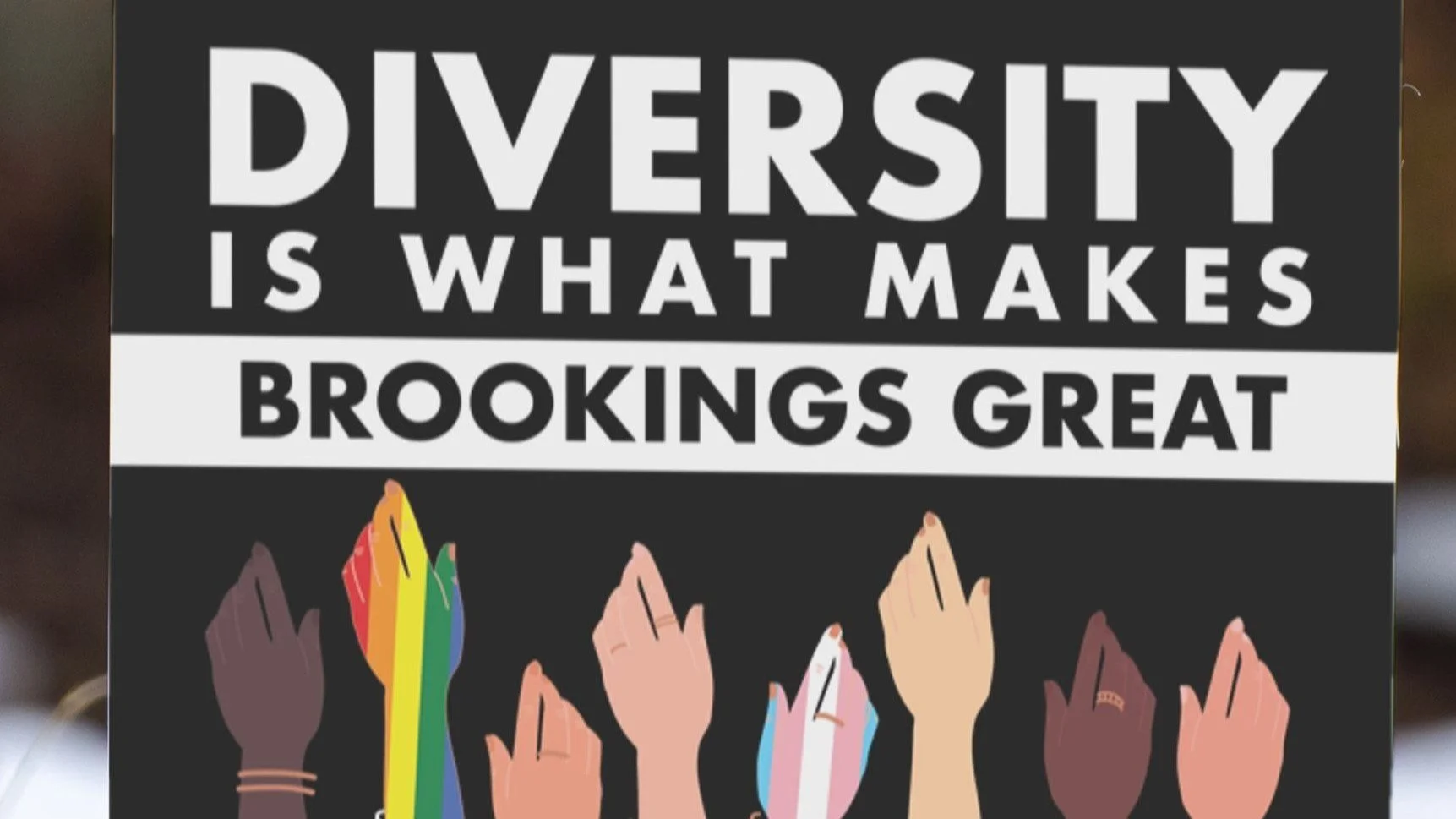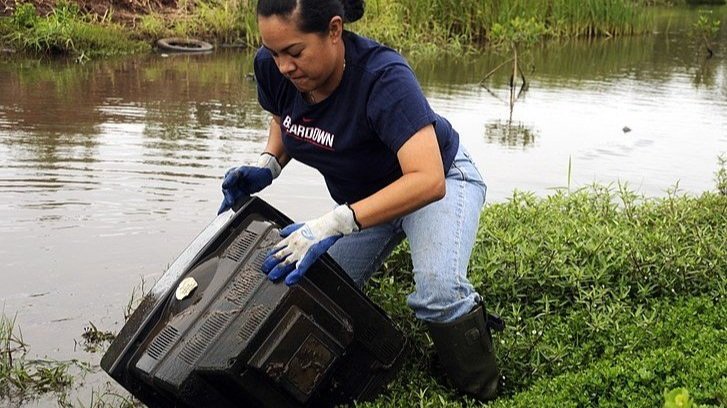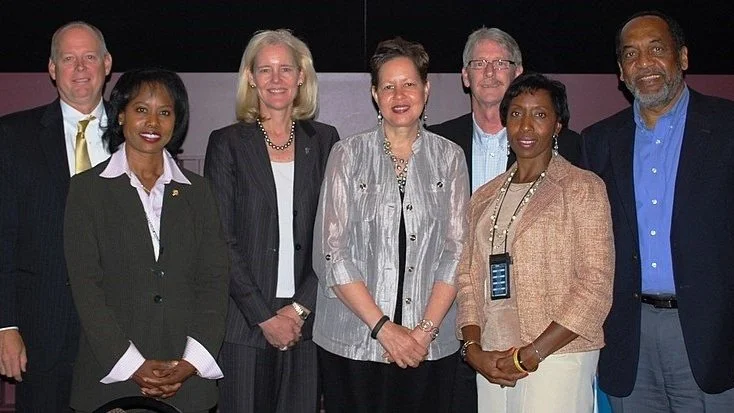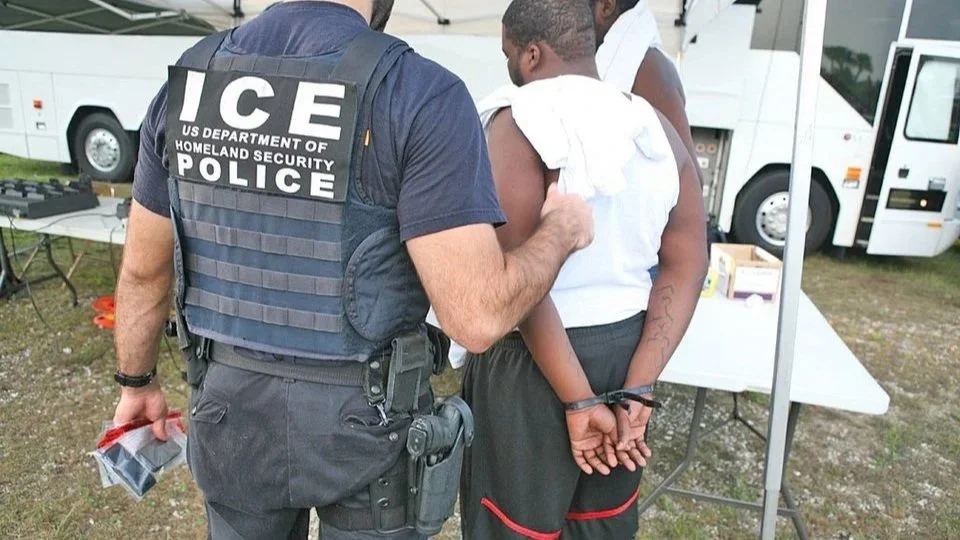An Easter message from Brooking pastor Kline: Diversity is what makes Brookings — and all communities — great
For many months we have had a sign in our yard, a gift of the Brookings Human Rights Commission. The sign reads, “Diversity Is What Makes Brookings Great.”
Given the racial and cultural downward spiral we are in as a country today, perhaps a new order and distribution of the signs is required. It becomes more and more important for believers to affirm DEI; diversity, equity and inclusion, as this administration tries to wipe such ideas off the national map.
In my 40-plus years in this community, I’ve gradually seen Brookings grow in diversity. There are more residents of color; more people on the street from other cultures and countries. South Dakota State University introduces us to faculty and students from all over the globe; a blessing also threatened by the downward spiral of student deportations and university funding.
I’ve gradually seen the Brookings community become more gender equitable. All you have to do is look at the members of the City Council or School Board to know that we value the leadership and participation of citizens regardless of gender. Or one could check out small business owners. The local economy is not all a man’s game anymore; not in Brookings.
It’s not every community that takes the time and expense like ours, to lower curbs at crosswalks, to make it easier for the disabled. Or if you haven’t seen it lately, check out the website of Advance. A picture will greet you of dozens of smiling faces engaged in a service to a sometimes forgotten constituency. Not in Brookings! There is visible evidence that this community believes in DEI.
There are those who argue that instead of DEI, everything should be based on “merit.” I’m not sure what that means, especially in the case of the disabled. Perhaps because they are not “able,” they don’t deserve any special treatment. We don’t need to include them.
In the case of equity, critics like JD Vance believe women belong in the home having children, not on the City Council or School Board. And of course, according to the critics, people of color only end up in positions of authority because of special treatment for past sins, not because of any special wisdom or skill.
In my opinion, “merit” in the eyes of the current president and many of his followers, equals “money.” If you don’t have money, you are obviously deficient in some way. Sixteen of the wealthiest members of the Trump cabinet are members of the 0.0001%, part of the 813 billionaires in the U.S. Of course, the president’s major funder, Elon Musk, is the wealthiest person in the world, at $400 billion net worth.
There are a host of corporations that have forfeited DEI. One can find a list of all the companies that have rolled back their DEI policies as a reaction to the pressure from the Trump administration. One can also find a list of those companies that have resisted. Ben & Jerry’s is a resister, and it has made their ice cream a favorite in this household and a more frequent companion to an evening meal.
Churches, of necessity because of their founder, must resist! One of the things I appreciate most about my Christian denomination, the United Church of Christ, is the welcoming statement. “No matter who you are, no matter where you are on life’s journey, you are welcome here.”
Every Christian church should have a prominent DEI statement. Jesus never turned anyone away! There was no “merit’ requirement! There was no wealth necessity! If anything, greatness of Spirit and material poverty were the pathways to God’s kingdom!
I appreciate churches that are interracial, intercultural, open to dialogue with other faiths. I appreciate the fact that almost half of the clergy in my denomination are women; 47% at the last count. I appreciate seeing churches with shortened pews made ready for wheelchairs, and ramps as well as stairs into the building.
I appreciate churches that have two services on Sunday morning, one in English and the other in Spanish. I appreciate churches that host an Alcoholics Anonymous meeting in their educational wing, or a grief share group, or take groups of men and women to visit prisoners in their prisons.
I appreciate churches that display a statue or portrait of Jesus as African American, Native American or Asian American. I appreciate churches that are willing to hold politicians and others to the values on which the country was founded.
Just as I favor a hospitable and welcoming church, I favor a hospitable and welcoming community. There’s something more basic to being human than “merit” or “wealth.” Religious folk might call it “spirit” or “soul.” Others never dig deep enough. They wander on the surface of life chasing false Gods of riches and power.
DEI makes a Christian church real. DEI makes Brookings, and every other community in this country, great!
Carl Kline of Brookings is a United Church of Christ clergyman and adjunct faculty member at the Mt. Marty College campus in Watertown. He is a founder and on the planning committee of the Brookings Interfaith Council, co-founder of Nonviolent Alternatives, a small not-for-profit that, for 15 years, provided intercultural experiences with Lakota/Dakota people in the Northern Plains and brought conflict resolution and peer mediation programs to schools around the region. He was one of the early participants in the development of Peace Brigades International. Kline can be reached at carl@satyagrahainstitute.org. This column originally appeared in the Brookings Register.
Photo: City of Brookings website







